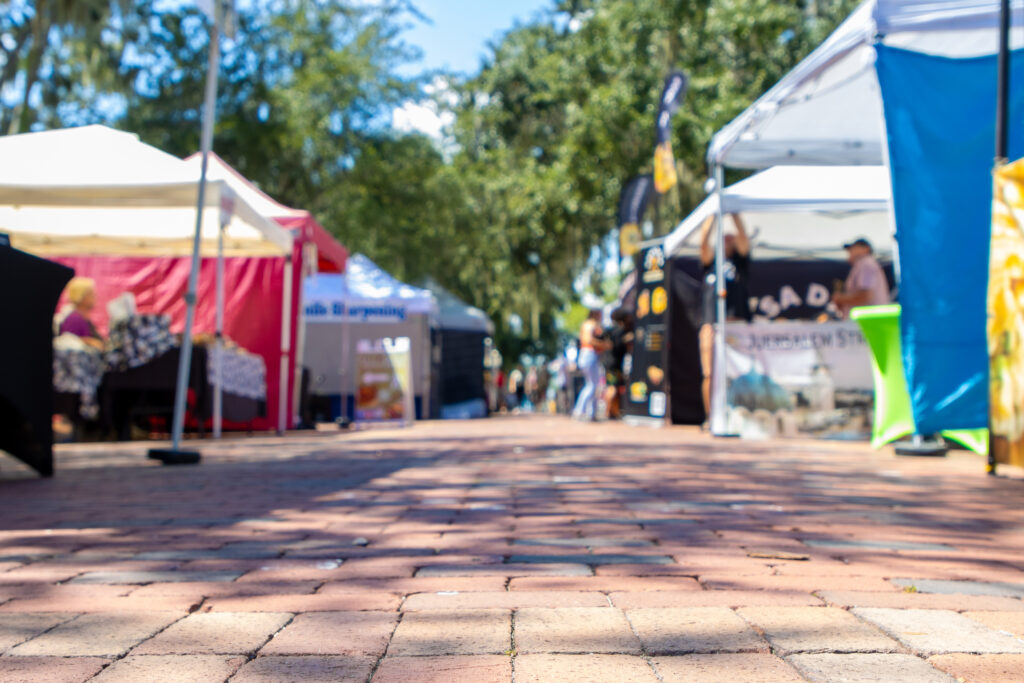Much to pay attention to in 2020 in downtown Des Moines
But there’s also areas that can be improved including providing a greater variety of indoor activities for families.

KATHY A. BOLTEN Nov 8, 2019 | 8:58 pm
4 min read time
1,013 wordsAll Latest News, Real Estate and DevelopmentThe people who live, work and play in Des Moines have much to look forward to in 2020, more than 100 people learned this week at a Des Moines Downtown Chamber of Commerce program unveiling top projects in 2020.
A skatepark is expected to open along the Des Moines River in the spring and plans are moving forward on a whitewater rafting course on the river. An outdoor professional soccer stadium has been proposed and plans are moving forward to transform an industrial south of East Village into a walkable, mixed-use district filled with residences, shops, restaurants and offices and bookended with two parks.
“All of these things – the water trails, the soccer stadium – they all play a role in [Des Moines] being a place that attracts and retains talent and attracts visitors,” said Tim Leach, senior vice president of downtown development for the Greater Des Moines Partnership. “If we do our job and make this a really nice place where people want to be, it helps [brokers and developers] to fill storefronts with retailers.”
And new retailers are entering the Des Moines-area market, he said.
“Des Moines is being diligent about looking to the future and making great things for our community to benefit from,” said Dan Corron, sales and leasing associate with Denny Elwell Company, who attended this week’s event.
Still, not all the comments about downtown Des Moines were glowing. Concerns exist over the scant number of indoor places for families to visit during the winter months or rainy summer days.
“If families are going to be part of the downtown neighborhood in greater quantities, there needs to be more support spaces for those needs,” said James Spiller, design director for Blackbird Investments, and one of the panelists.
As places for adults to interact socially are developed, thought also needs to be given to creating indoor spaces for families, Spiller said. In addition, more needs to be done to encourage people to partake in outdoor activities during the winter such as snowshoeing and cross-country skiing, he said.
While a few activities exist such as at Brenton Skating Plaza, “it’s in small doses,” he said. “There’s no key trail today for [snowshoeing] but as people demand more of it, we will have to create solutions.”
As more downtown housing is built, parking could become an issue, said Jackie Johansen, principal of Shattered Glass Development and one of the panelists.
Leach said during events such as the Farmers’ Market, visitors can find parking. The percentage of people who complained about the inability to find parking five years ago has dropped significantly, Leach said.
Developers and others look at parking needs when planning a building, Spiller said. Public-private partnerships are becoming more common and cities are doing a better job of studying where key parking infrastructures are needed, he said.
“I think our culture is shifting to [being] more willing to park a little further away and walk,” Spiller said.
The projects highlighted to watch in 2020 and the panelists comments include:

Johansen: “There was a lot of conversation about whether this was the highest and best use of this location. I look forward to maybe 30 years in the future and we can look back and say ‘Yes, this is the highest and best use.’ I think we can do that if we continue to promote it … and use that entire stretch along the river at its highest and best use.”
Electric or e-scooters, which the Des Moines City Council in September said it wanted to study.
Johansen: “There are definitely pros and cons to the E-scooters. They are better on emissions; they’re better on gas usage. But the rules aren’t always clear, especially if you’re a tourist. Are you supposed to be on the sidewalk, in the bike lane, in the streets with cars? That causes some confusion and from the city’s point of view, some danger.”
Leach: “We’ve put together a process to see if there’s an appetite in downtown Des Moines for perhaps a pilot project.”
Proposed $60-million professional soccer stadium.
Spiller: “As the American culture evolves to sporting identity, like baseball, football. What’s next? Likely some move towards soccer.
“Our city has grown…and with that comes bigger amount of diversity of who is living in our city and what cultures those people represent, and how soccer is really a global sport and how our community engages, that supports it and extends it. I think this proposal is really, I think, pressing that next wave of cultural shift.”
Outdoor recreation, including a new skatepark and the water trails.
Spiller on the skatepark: “This is going to bring a major gathering space to Des Moines. I don’t think we can understate that. There will be a lot more people presence, most likely streaming from the East Village across and from downtown, through the public transit system to this location.”
Leach: “If we can develop our placemaking projects like stadiums and water trails and skate parks and then develop our residential, office and retail amenities, then everybody can realize the success of downtown.”
Redevelopment of the Market District, an industrial area south of East Village and east of the Des Moines River.
Leach: “There is momentum in the market district. That area that is going to be completely is going to do wonders both to the north, when it gets fully built out and populated to help our retailers in the East Village, and to the south, as it moves past the other side of [Martin Luther King Jr. Parkway]… That area is just going to flourish.”
Sid Juwarker, client development manager with Terracon Consultants Inc. said he was impressed with the presentation.
“Downtown is growing,” he said. “We need to be mindful with keeping up with our growth and offering the amenities and key services; we just can’t grow without a plan.
“People are going to have to have some level of understanding that it’s not going to be as convenient has it always has been.”










